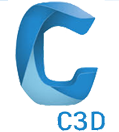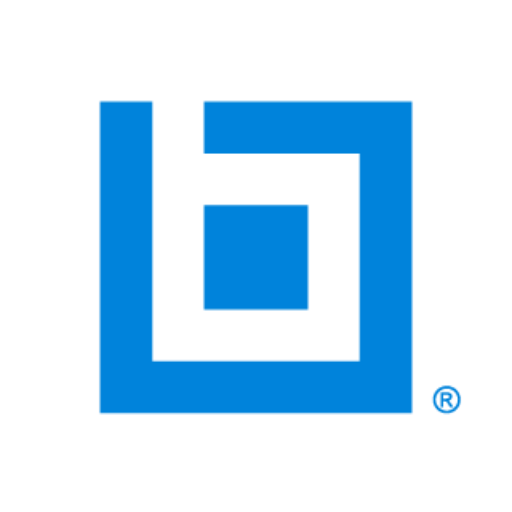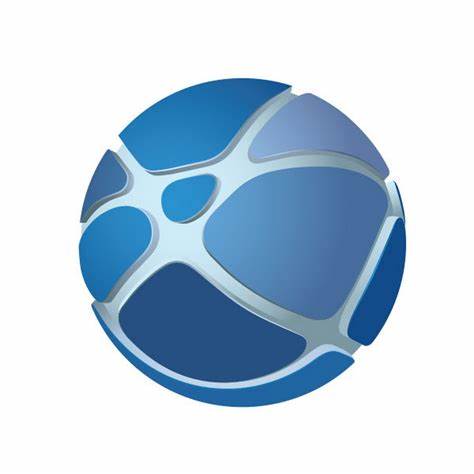Back to school is a big transition—for your students and for you. Between planning your lessons, writing assessments, and getting to know the new faces in your classroom, your plate is full.
To complicate things even further, your students’ knowledge isn’t what it was before the break. They’ve forgotten key concepts, and that’s a big problem—particularly in STEM, where skills build on each other.
This phenomenon is known as summer learning loss. Let’s explore what it means, the detriment it can have on the upcoming school year, and what you can do about it.
What Is Summer Learning Loss?
Can you remember what you had for breakfast last Tuesday? Maybe. But maybe not. What about three months ago? Unless you have some kind of super memory, the answer is no.
Human minds have a tendency to forget things—and fast. This is what German psychologist Hermann Ebbinghaus termed the forgetting curve. Without reinforcement, we forget a huge amount of information we’ve learned. His research shows that 50% of new information is lost within just 60 minutes. It gets worse yet—we lose 70% in a day and 75% in six days.
The summer break lasts between two and three months, depending on where you live. If we put two and two together, it’s safe to assume that your students’ knowledge is about 50% or less of what it used to be. This is what’s known as summer learning loss, the summer slide, or the summer setback.
Of course, this is a blanket assumption. Some students will retain what you’ve taught them. Others will pick back up where they left off a day or two into the school year. One study involving over 500,000 students ranging from grades 2 to 9 found students between 25% and 30% of their school year learning over the summer.
Why Summer Learning Loss Is Especially Detrimental in STEM
Summer learning loss is particularly damaging in STEM because it disrupts the continuity of learning that is so crucial for mastering these skills. In STEM subjects, learning is cumulative. Each concept acts like a building block for more advanced topics further down the line.
Think of it like constructing a building. If the foundation is weak or incomplete, anything built on top of it is at risk of collapsing. In engineering, for example, basic principles like physics and calculus are essential when it comes time to tackle more complex challenges, like constructing a stable bridge.
Let’s say you have a student who learned the basics of algebra before summer break. You know this knowledge is fundamental to higher-level math concepts like trigonometry or calculus. If that student forgets how to solve equations or work with variables, they’re not just missing a piece of last year’s puzzle. They’re starting this year’s coursework without the tools they need to succeed.
This can snowball—and fast. Why? Because you only have a finite amount of time to cover the curriculum. For the school year to run smoothly, you need students to retain a certain level of knowledge from the previous year. But when they return with glaring knowledge gaps, you’re forced to backtrack. This can lead to a rushed and stressful learning environment where students don’t have the time or space to fully engage with this year’s curriculum. They might not achieve the results they expected, and their confidence can take a hit.
And then there’s the issue of problem-solving. STEM isn’t so much about memorization as it is critical thinking. When students can’t recall foundational information, they’re unable to apply key concepts to new situations. They can’t innovate or think outside the box to solve unique problems.
How to Overcome Summer Learning Loss
The consequences of summer learning loss are real and long-lasting. The good news? You can introduce a few precautions to mitigate the effects.
Understand the Contributing Factors at Play
First up, consider why summer learning loss happens. In most cases, the primary culprit is a lack of continued practice.
Students take vacations, hang out with friends, and play video games over the summer—they’re not doing math homework. This results in a natural decline in knowledge retention. They might even lose their passion for your subject.
Plan Ahead Before Summer
Think about ways to keep your students engaged with the material over the summer. This could involve setting up optional activities or assignments that they can complete at their own pace.
For example, you might encourage students to participate in STEM-related summer camps, online courses, or independent projects that spark their interest.
Schedule Refreshers in the First Few Weeks
Even with the best preparation, some level of summer learning loss is inevitable. Accepting this reality allows you to plan for it.
During the first few weeks of the school year, schedule refresher lessons to help students reacquaint themselves with key concepts. This doesn’t mean you need to overhaul your entire curriculum. Instead, use tools like video tutorials, interactive simulations, or collaborative group activities to jog students’ memories.
Test Students’ Knowledge to Set a Benchmark
Setting a diagnostic test at the beginning of the school year can help you assess where each student stands. This benchmark data gives you a clear picture of which concepts need the most attention and allows you to tweak your lessons accordingly.
Following up with another assessment after the initial refresher period can tell you whether students are on the same page and ready to move forward with new material.
Keep Your Students on Track with SolidProfessor
The start of the school year is exciting and daunting all at once. There’ll be high points and lows, but you don’t have to go it alone.
Here at SolidProfessor, we’re dedicated to helping educators support and inspire the best and brightest minds in all things engineering, architecture, and manufacturing design. Gain access to over 400 online courses with tests and exercises and give your K-12 and postsecondary students a leg up when they need it most.
Get in touch to learn more or schedule a demo.
























